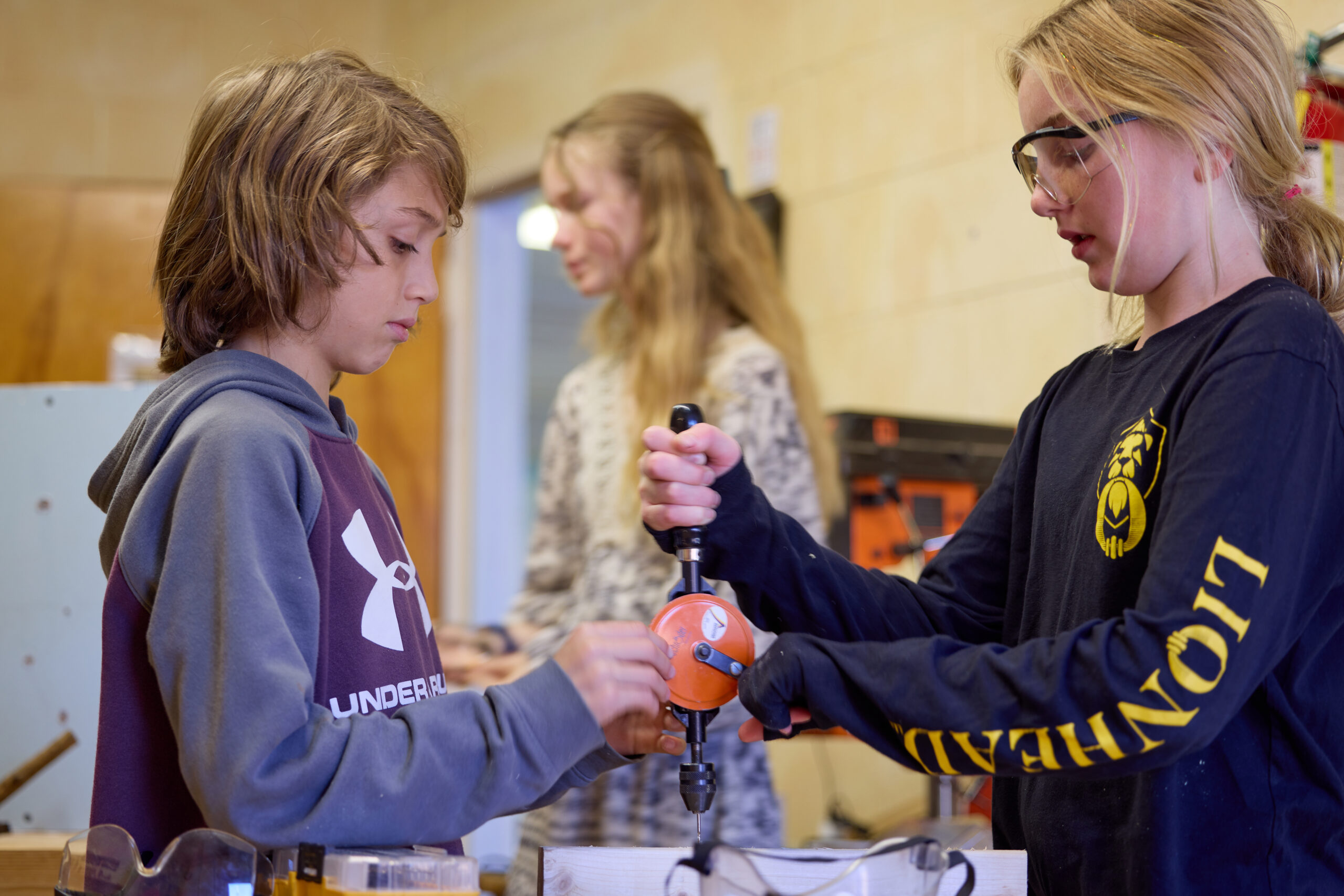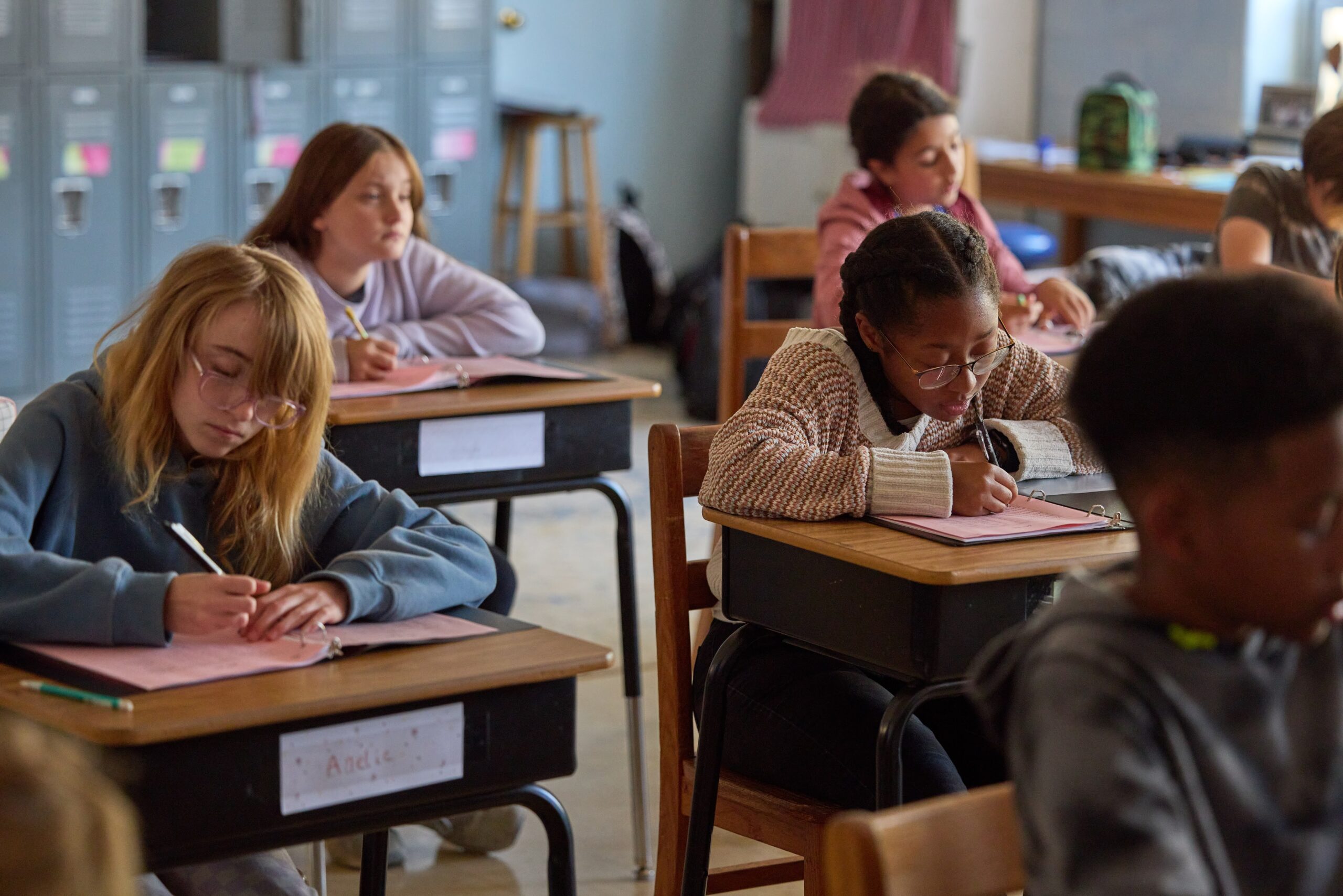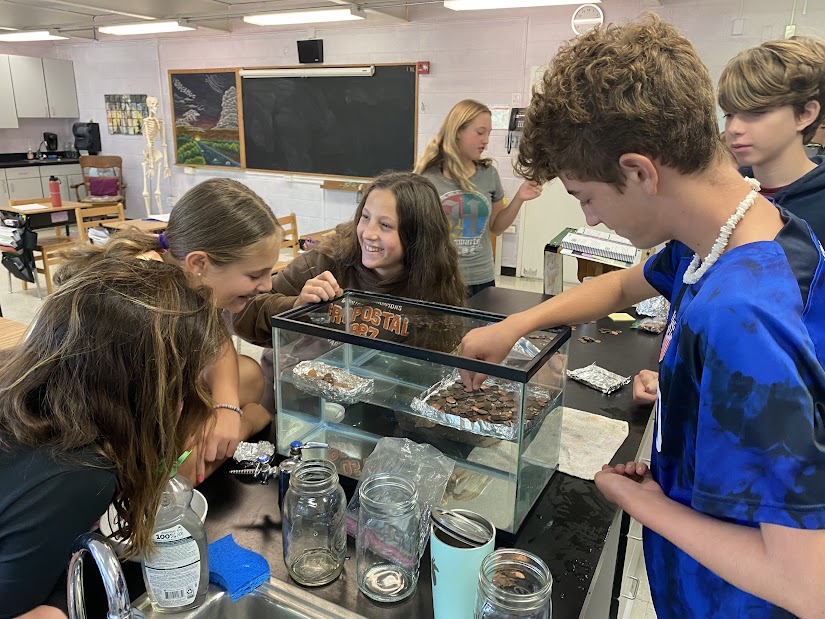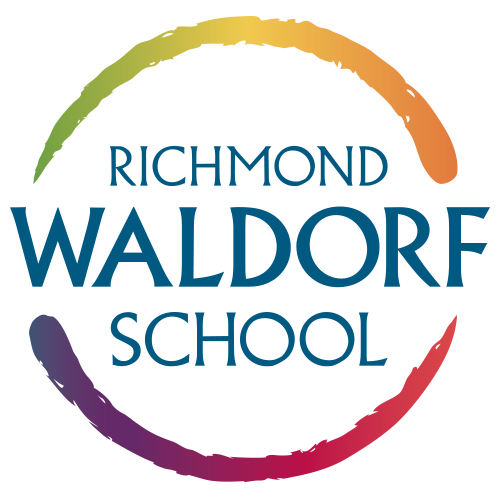Fostering Tomorrow’s Thinkers and Doers: How Waldorf Education Prepares Students for an AI-Driven World
As technology races forward, shifting the world of work and the very nature of jobs, one question stays top of mind for parents and educators alike: How do we prepare our children for this rapidly evolving future? While AI is revolutionizing many aspects of life, the skills that will set future generations apart are profoundly human—creativity, critical thinking, and empathy.
At Richmond Waldorf School, these aren’t just “extras.” They’re central to everything we do, weaving through our classrooms, activities, and community. Our approach is designed to grow whole people who act as thinkers, dreamers, and problem-solvers and who feel deeply connected to the world around them, even if the future looks different from today.


Encouraging Independent Thinking
In our classrooms, students are encouraged to dive deep, ask questions, and approach subjects from many angles. Waldorf educators nurture independent thinkers, young people who learn through hands-on experience and genuine curiosity. Rather than focusing on rote memorization, our students engage in rich learning that invites them to explore, analyze, and create.
This emphasis on independent thinking goes hand in hand with the future of work. Employers in the era of AI aren’t just looking for workers who can follow instructions—they’re searching for innovators who can approach complex challenges with fresh perspectives. By developing these skills early on, our students are ready to meet the world not as passive observers but as thoughtful, active participants.
Cultivating Creativity as a Lifelong Resource
If you walk into our classrooms, you’ll find art, music, movement, storytelling, and even woodworking as regular parts of the day. Creativity and hands-on work at Waldorf isn’t an afterthought—it’s a central pillar of our educational philosophy. This creative foundation is invaluable because it gives students a framework for problem-solving that goes beyond the conventional.
While AI may excel at data-driven tasks, it can’t dream, imagine, or invent. Our students grow up with the confidence to experiment, take risks, and learn from their mistakes, all of which are critical in the workforce and beyond. They see that solutions don’t always come easily or right away, but that perseverance and imagination can turn any challenge into an opportunity.
Building Empathy and Connection in a Fast-Changing World
The future needs more than just bright minds; it needs people who understand each other, who can connect across cultures and communicate with compassion. At Richmond Waldorf, we create opportunities for students to learn not just about the world, but from each other. Through collaboration and community building we show how strongly we value social-emotional skills and cultural competencies, giving our students an appreciation for different perspectives and the desire to make meaningful human connections.
Empathy and understanding are becoming as important in the workforce as technical skills, especially as teams become more global. These human qualities—often developed in childhood—will help our graduates stand out, not only as skilled workers but as empathetic, adaptable leaders.
Preparing for an Uncertain Future, Together
In a world where AI will be a constant presence, Waldorf students stand ready to contribute what only humans can offer. They’ll bring creativity and critical thinking to workplaces that value innovation. They’ll bring empathy and understanding to communities that need connection. And they’ll bring a sense of purpose and resilience to a future that is constantly changing.
At Richmond Waldorf, we believe that preparing students for tomorrow starts by grounding them in these timeless skills today. With curiosity, creativity, and compassion at the heart of their education, our students are ready to face whatever the future may hold—not just to thrive in it, but to shape it.

